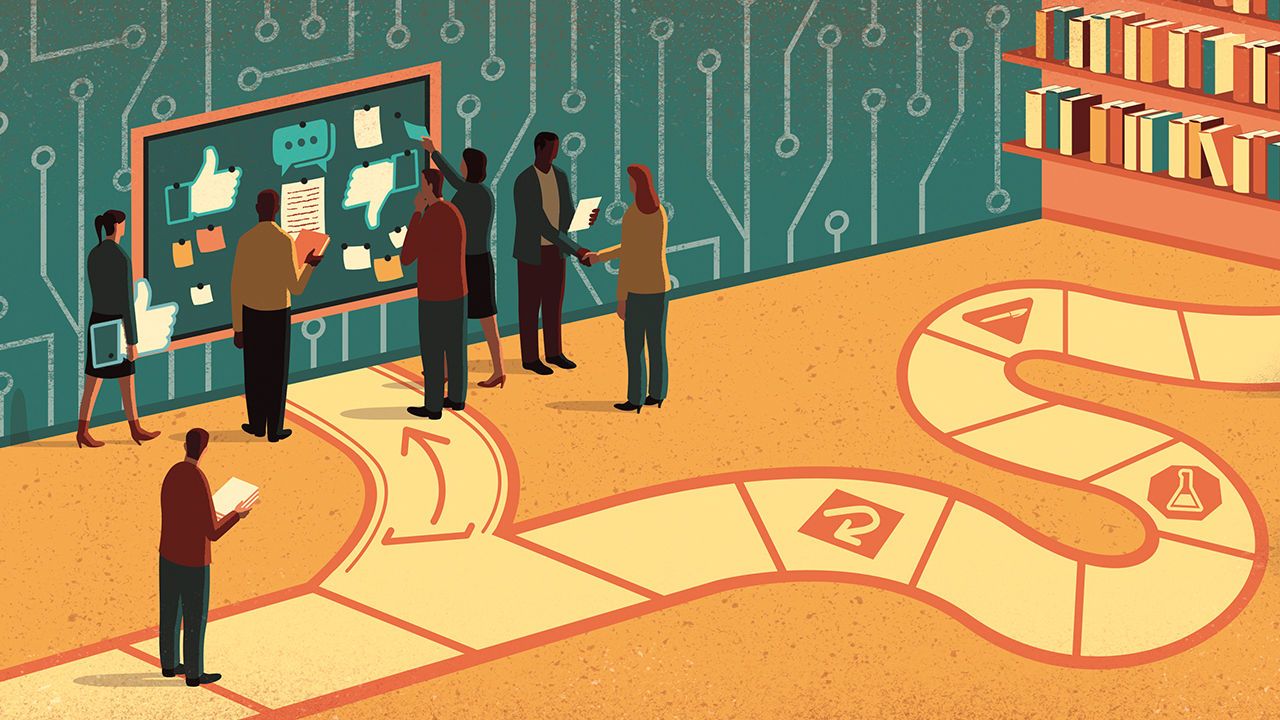Oct 2, 2017
Does Even Mark Zuckerberg Know What Facebook Is?
Posted by Mark Larkento in category: futurism
“Facebook has grown so big, and become so totalizing, that we can’t really grasp it all at once. Like a four-dimensional object, we catch slices of it when it passes through the three-dimensional world we recognize. In one context, it looks and acts like a television broadcaster, but in this other context, an NGO.”
- “Not even Zuckerberg himself seemed prepared for the role Facebook has played in global politics this past year.”
- “In which case, how can we be assured that Facebook is really safeguarding democracy for us and that it’s not us who need to be safeguarding democracy against Facebook?”
Continue reading “Does Even Mark Zuckerberg Know What Facebook Is?” »



















